Anti-Violence Educators Challenge Boys to Be 'Vulnerable' With The Book of Dares
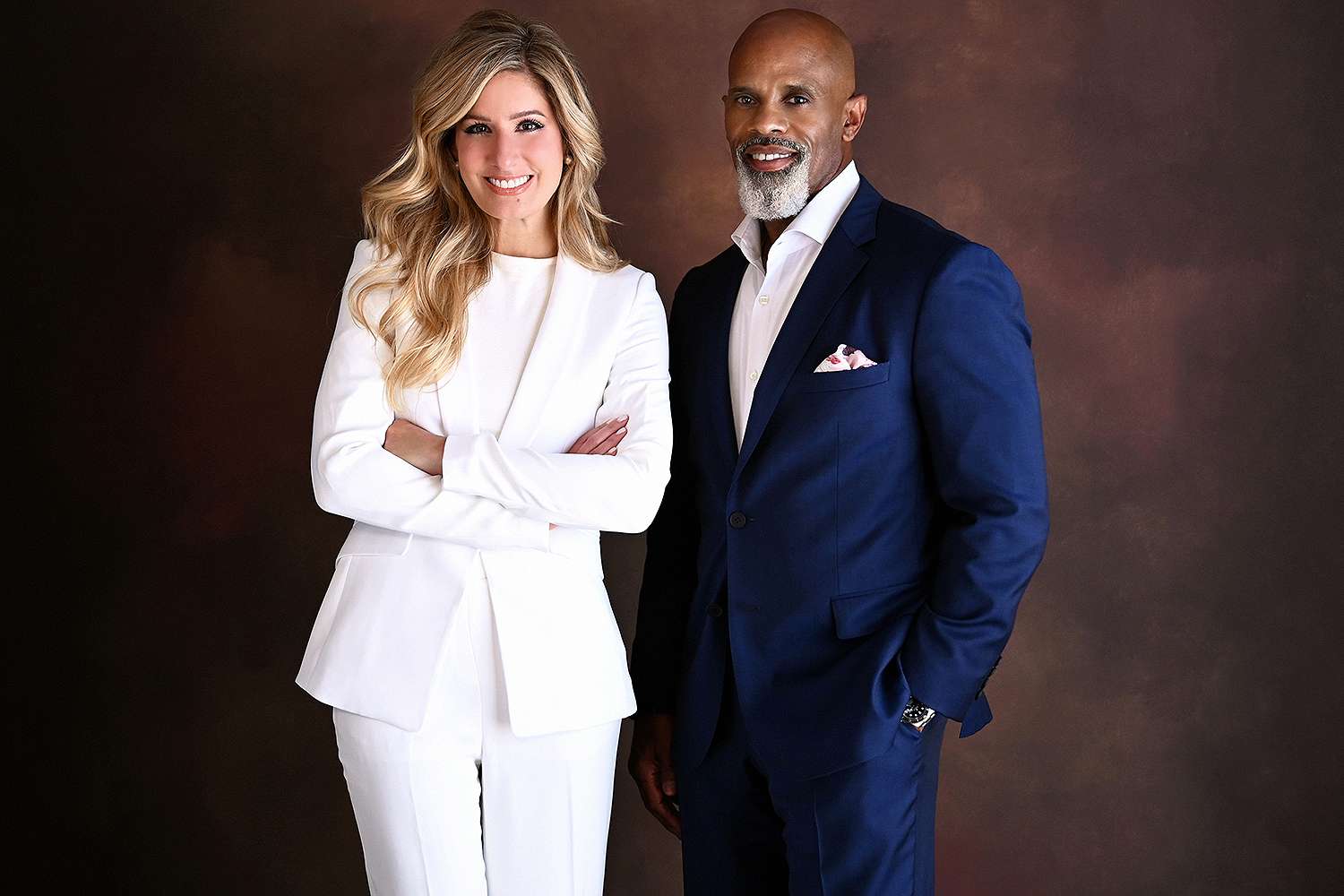
Toxic masculinity. Violence against transgender women. Male privilege. Consent.
As American culture shifts to address these issues in the #MeToo era, many parents of young boys are scrambling to find educational resources.
Ted Bunch and Anna Marie Johnson Teague, who serve as anti-violence educators at the non-profit organization A Call to Men, are here to offer a solution with their new book for children, The Book of Dares: 100 Ways for Boys to Be Kind, Bold, and Brave.
"What we want to promote is healthy manhood," Bunch tells PEOPLE in a joint interview with Johnson Teague. (The Book of Dares was published by Penguin Random House earlier this month.) "It's the antidote for some of the most destructive problems we face in our society: bullying, dating violence, domestic violence, sexual harassment, sexual assault — even mass shootings, male suicide and gender-based discrimination."
He explains that the book draws from A Call to Men's curriculum, which teaches men how to be true to themselves and embrace a respectful form of manhood. The Book of Dares consists of 100 fun challenges to help boys expand their worldview and learn to respect girls and nonbinary kids.
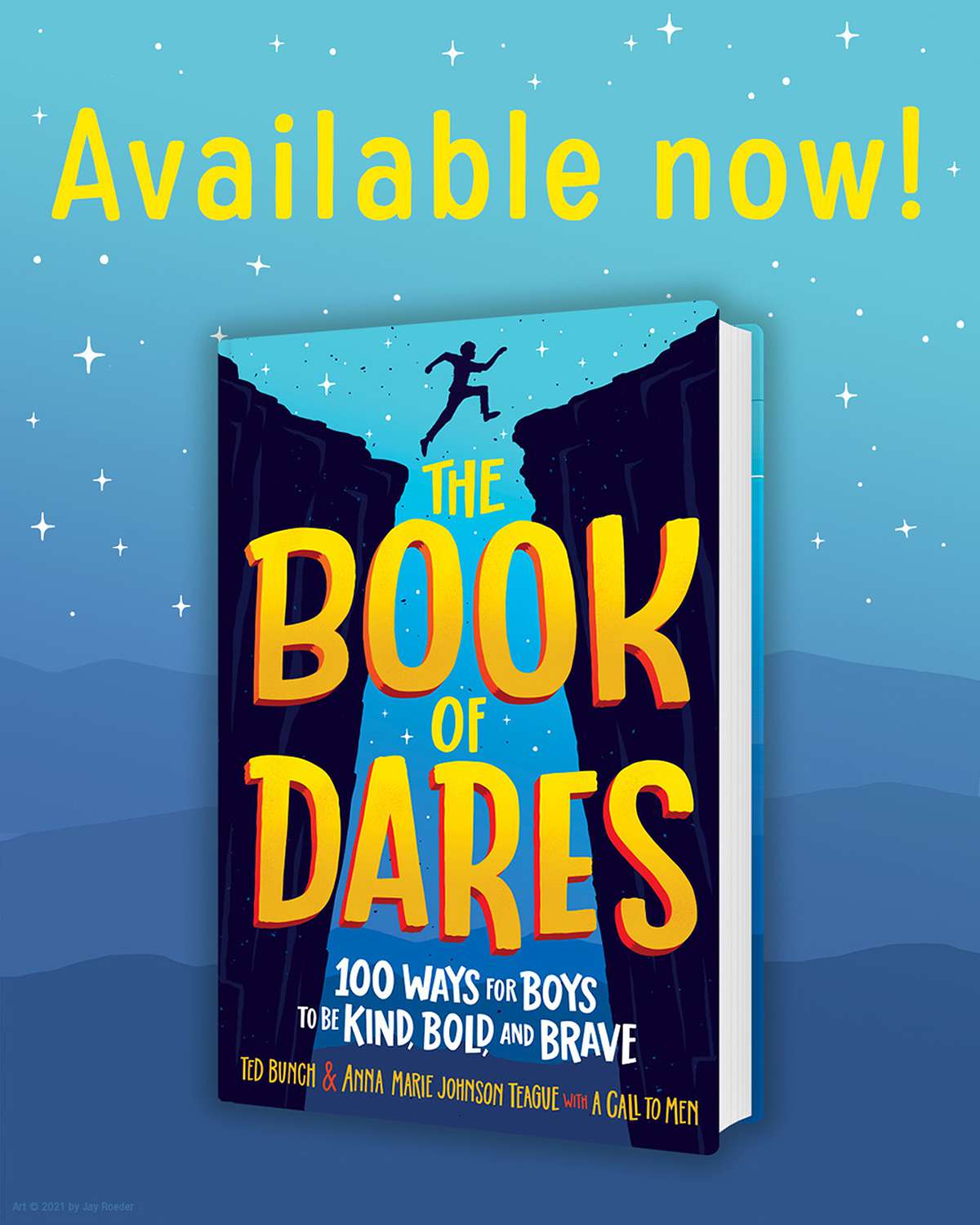
In January 2019, the American Psychological Association released guidelines for psychologists who work with men and boys who are raised to fall in line with "traditional masculinity ideology."
"Traits of so-called 'traditional masculinity,' like suppressing emotions and masking distress, often start early in life," the A.P.A. tweeted, "and have been linked to less willingness by boys and men to seek help, more risk-taking and aggression — possibly harming themselves and those with whom they interact."
By engaging with the dares, boys can start to combat "the man box," Bunch explains.
"A Call to Men coined the term 'man box' to illustrate the collective socialization of men, how boys are taught to view manhood and what society says it means to be a man," says Bunch, 59, who is the father of six adult children: Maya, 30, Josh, 23, Matt, 22, Kachi, 21, Erica, 19 and Jalen, 19. "For example, men and boys are expected to be strong, aggressive, dominating, powerful, and athletic — to be providers, protectors, decision makers and leaders."
But what happens if boys can't meet these expectations? Bunch explains that boys are often "punished." They're told that "big boys don't cry, man up," he says, "And that's just not okay."
"So, The Book of Dares really helps boys… to think about their innate emotions, so they can really articulate what's going on with them," Bunch continues. "It helps them with problem solving. It also opens up vulnerability, where we're trying to push that being vulnerable is a place of strength, not of weakness."
(The authors explain that while the book is targeted to boys, children of all genders have enjoyed reading it.)
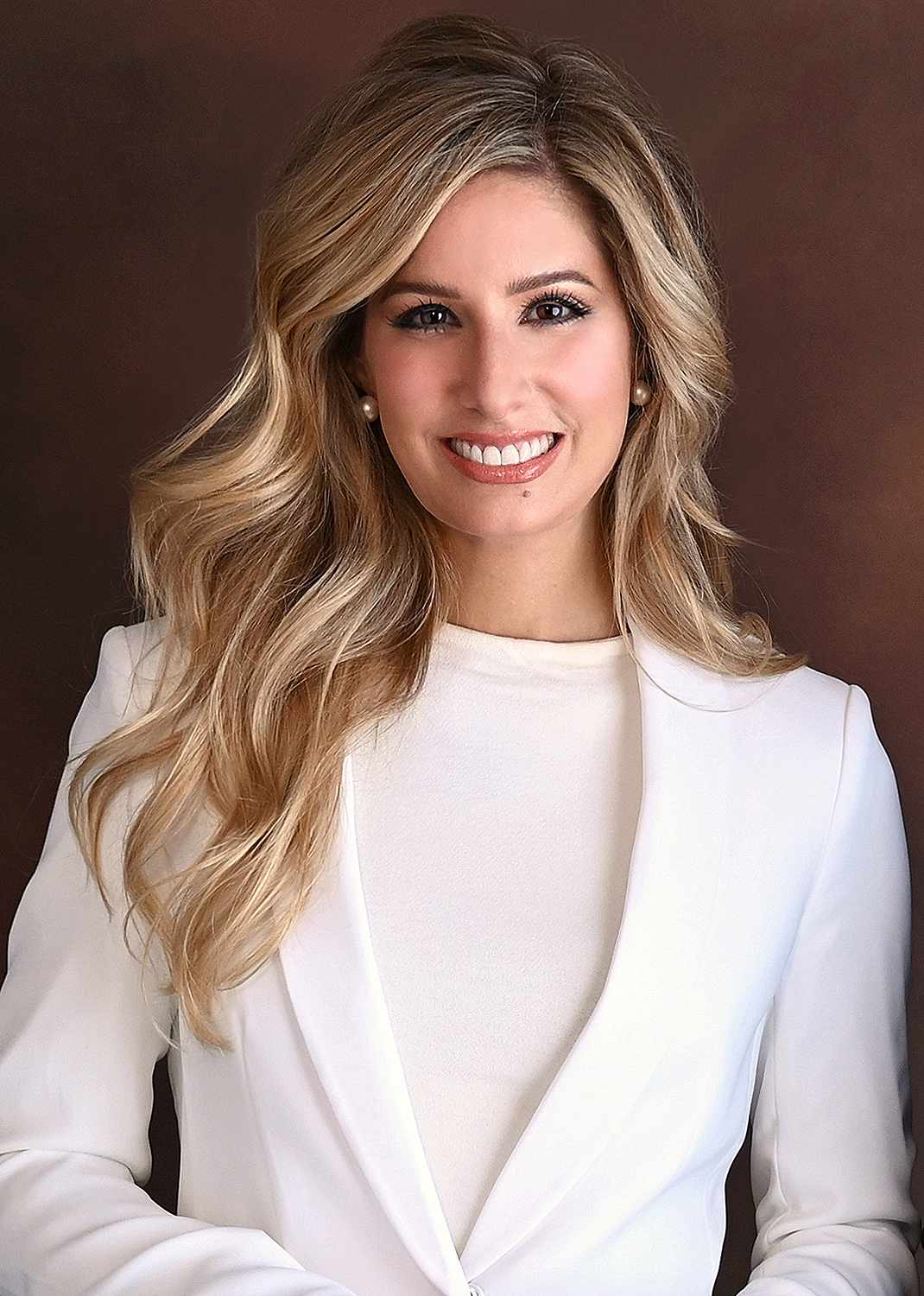
These are lessons that play out in real time for Johnson Teague, who has a 12-year-old son, Jack.
"I've told this to my friends: I am not here to say that my son's experience is more important than your daughter's," the 43-year-old educator explains. "I'm raising my son, and this book is a tool to raise your son, to value our daughters' experiences as much as they do their own."
The challenges range from "Dare to Include Girls in Sports" to "Dare to Talk About a Time You Were Frightened." Johnson Teague says one of the most "relevant" dares in the book can help parents navigate conversations about race and privilege that were sparked by the Black Lives Matter protests this past summer.
"Our family has been talking a lot about racial justice over the past year," she says. "In my case with my son, there's a dare in the book 'Dare to Understand Privilege' that really lays it out for parents and for boys in an accessible and an un-intimidating way. It gives us an opportunity to have a positive and empowering conversation with our sons."
For Bunch, he's most drawn to the prompt that asks readers to "Dare to Name Three Emotions That You Felt Today."
"You'd be surprised how many boys and grown men cannot do this," he says. "We found that when young people talk about something important, the adults in their lives are quick to offer their opinions and solutions. As a parent, I often try to solve the problem for my kid or to push him through the feelings. And that's not the best way to respond. We need to really allow them to express their feelings and identify their feelings."
The anti-violence educator says this same visibility is important for Black boys, especially as Black men and boys continue to be killed by police — despite the protests and activism that have been going on for decades.
"With our Black boys in particular, what we're seeing is that they're still not being seen and heard, even though there's terrible things that are happening," says Bunch. "I was watching [the news] where a young Black man was being abused by some police officer. And I have Black children. I have Black boys. On a daily basis, their fear is going outside and something happening to them."
Bunch says he feels fear when his sons call him.
"I'm always concerned about, are they in some sort of trouble?" he says. "Not because they're looking for trouble or that they're bad kids — they're good kids. But because of all of these obstacles that are in their way and these systems that are against them."
Bunch adds: 'So what we can do is really see our boys, hear our boys, listen to what their experience is."
He encourages people to find ways to fight "inequities" that are in their communities and school districts — and find ways to be actively "anti-racist."
"I've had friends say that they're not racist, but the question is, 'Well, are you anti-racist?' " Bunch says. "Meaning, are you standing up against racism? So, we have to look for ways to do that. I think we're very complacent in the United States, as it impacts Black boys. And we really need to hear them and see them in a different way."
A big lesson in A Call to Men and The Book of Dares is the importance of intersectionality.
"We want to invite [boys] to be part of the solution to building a more just and equitable society," says Johnson Teague.
The Book of Dares breaks down these weighty and important topics in a way that is fun and accessible for young readers — and they can't get enough of the book. The authors explain that The Book of Dares has been an "overwhelming success" since it published earlier this month.
"I've had a number of parents text me and say that their son wants to buy the book to give to a friend so that they can share these dares as well," Bunch explains. "What we're also finding is that dads are having conversations with their boys in ways that they haven't before. We're getting messages from dads that say, 'I never thought about these things. I'm having conversations with my son that are new to me.' "
For both Bunch and Johnson Teague, the book is rooted in the support and lessons they want for their own children.
"I want my Jack to know that he can be tough and strong and he can be kindhearted and expressive," Johnson Teague says. "I want him to know that he can love basketball and golf and theater and art, all of which is true about him. I want to celebrate all of him — not just the parts that society deems to be important to his boyhood and ultimately his manhood."
The educators explain there is a direct line between the celebration and reimagining of manhood and anti-violence.
"We really want to promote the authenticity in our boys, promote inclusion and healthy masculinity. Gender equity is really important," says Bunch. "Because now what we're passing down from one generation to the next right is the same old messages: women and girls have less value, women are the property of men, women and girls are sexual objects. We want to stop that and start seeing women in their full humanity."
He adds: "As we say at A Call to Men, the liberation of men and boys is directly tied to the liberation of women."
The Book of Dares is on sale now.

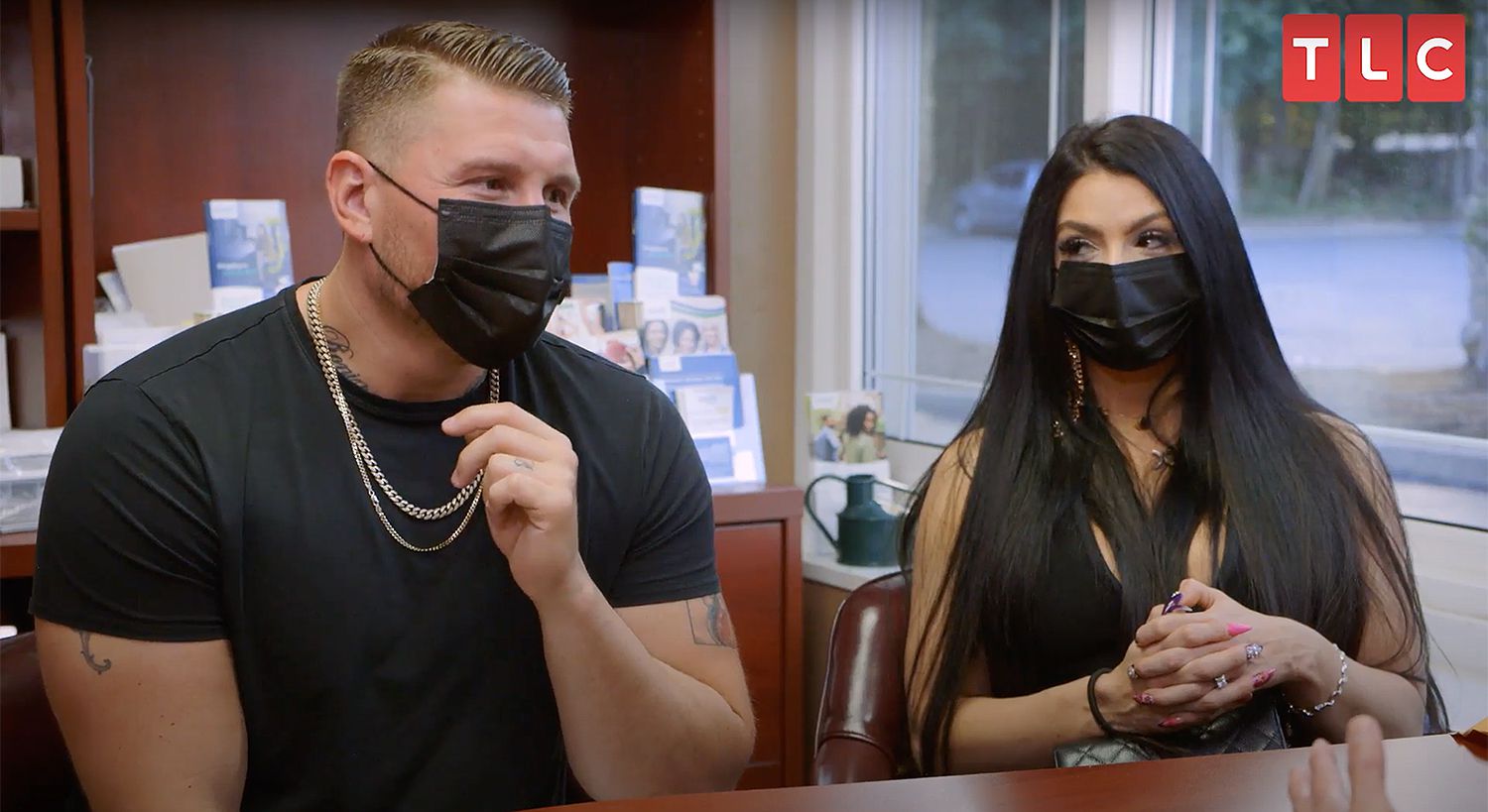

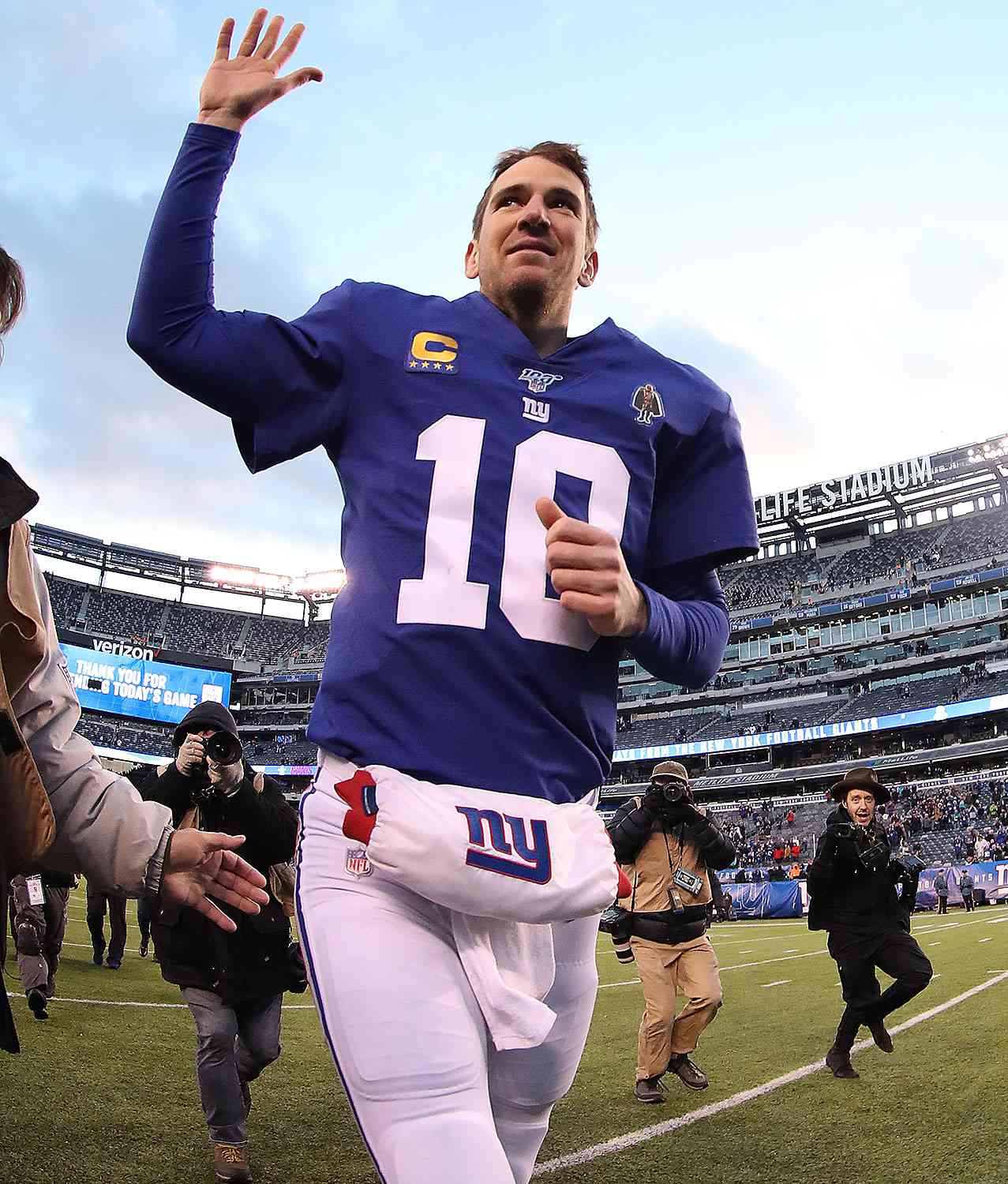
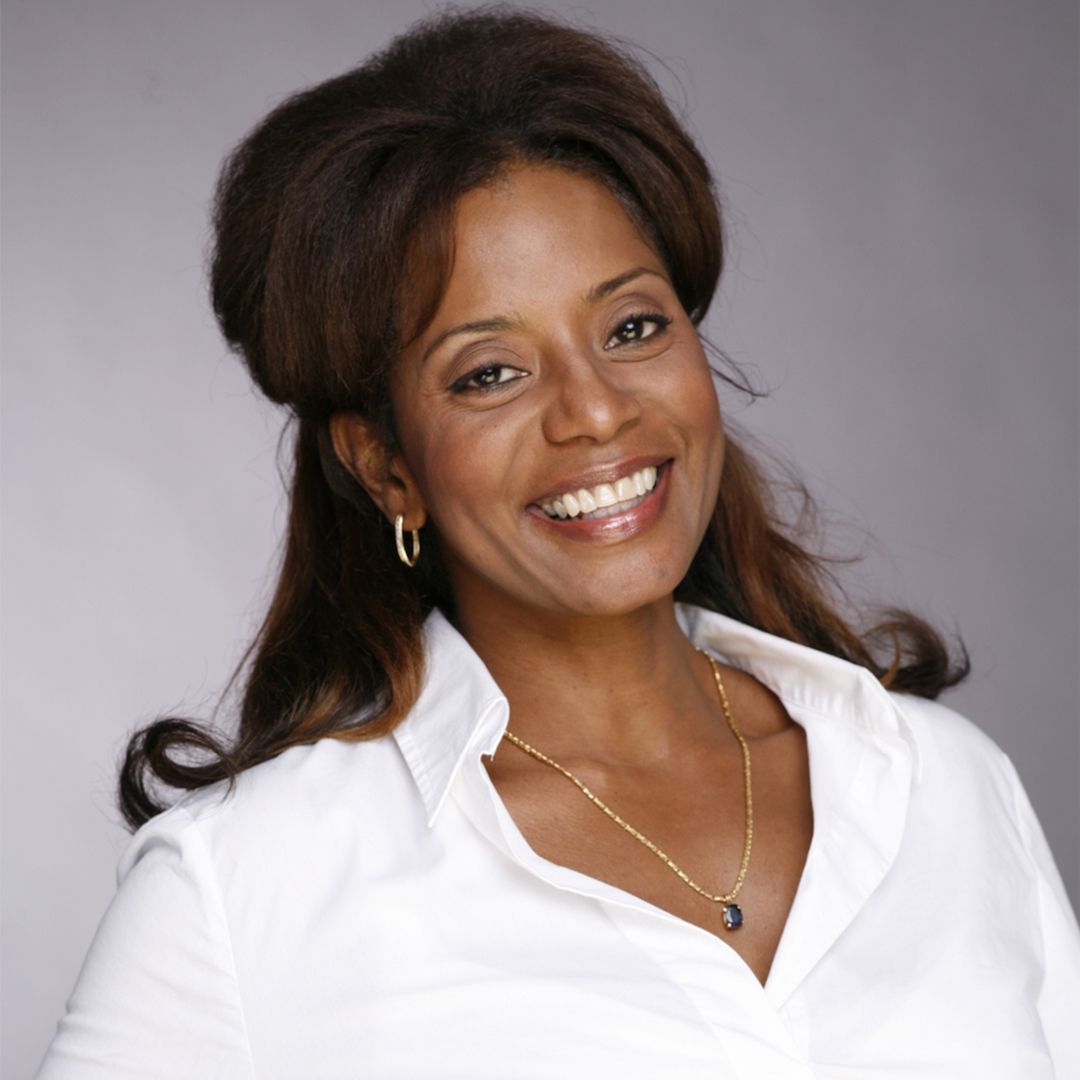
Source: Read Full Article
